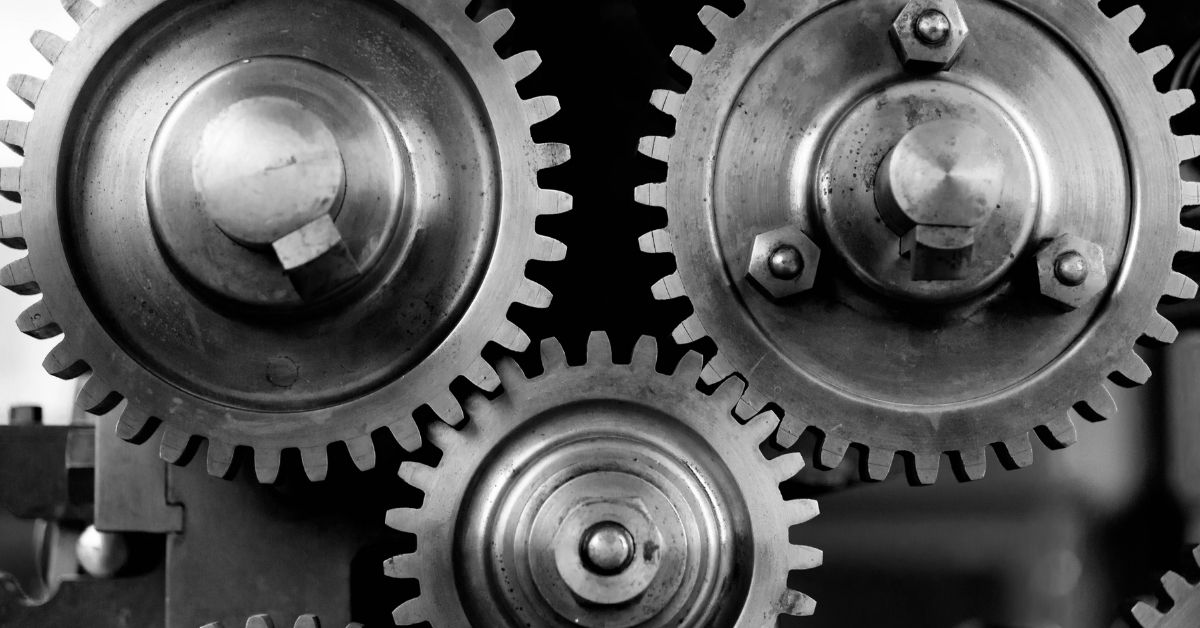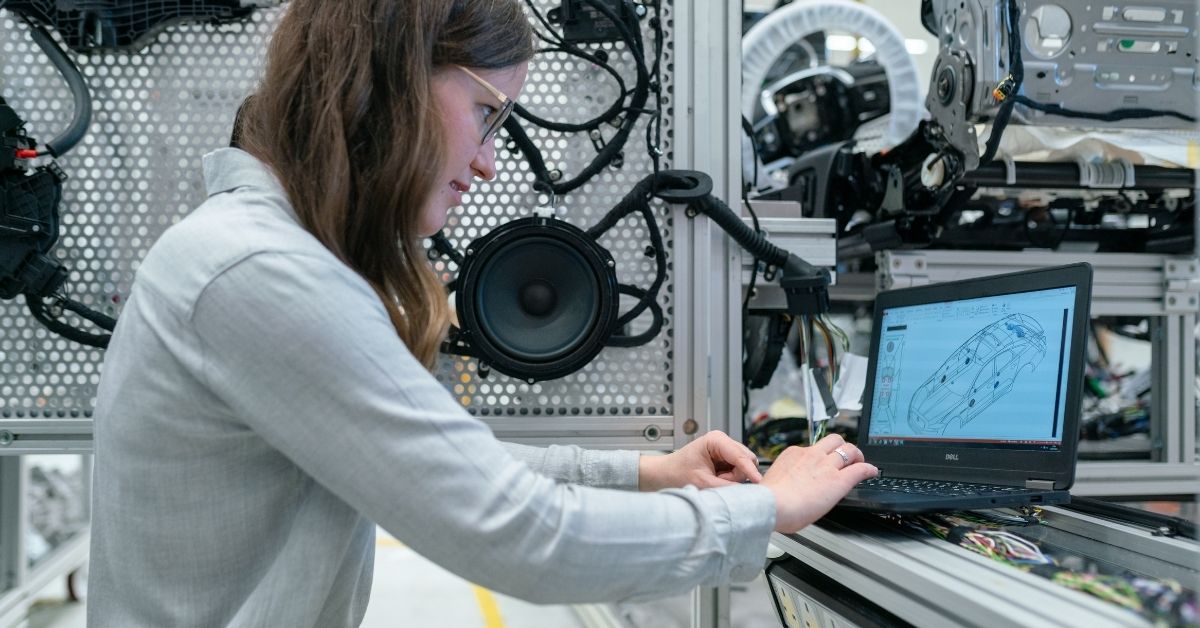An Overview Of Mechanical Engineering Disciplines
Mechanical engineering is a part of science that combines physical sciences with engineering physics and mathematics to design, test, and build mechanical devices. It is also one of the broadest and oldest of all the engineering fields. Mechanical engineering uses the term “mechanical” to refer to any of the numerous physical processes that produce a machine. It includes the engineering of the movement of parts within an object or the support provided by that object for the operation of some other device. A mechanical engineer designs such objects as pumps, rollers, doors, and airplanes. They then examine the performance of these objects under controlled conditions.
Inventors sometimes enlist the aid of mechanical engineers in designing and constructing their inventions. These workers examine design theories and make suggestions for improvement. This type of engineering also plays an important role in the development of new machinery. Many new inventions become capable of performing their tasks when constructed using machinery built and designed by mechanical engineers. These workers also play a substantial role in the maintenance and repair of existing machinery.
There are many sectors in which mechanical engineering plays a major role. One of those sectors is the automobile industry. Many complex machines like engines and car wheels are the result of advances made in this field. Throughout much of history, automotive engineers have been instrumental in designing, building, and maintaining the various components of an automobile. As the modern world enters into a new era of manufactured goods, this type of engineering will once again be of great importance.
Industrial Mechanical Engineers perform a variety of duties within a manufacturing environment. They may work in factories, shops, or service units devoted to a single type of manufacturing process. In a wide variety of industries, mechanical engineers are responsible for analyzing and evaluating the performance of machinery during each phase of its operation. These professionals can also be found performing a variety of other duties such as measuring and monitoring the performance of physical products. The majority of industrial engineers hold a degree in one of many engineering disciplines.
Because the number of available engineering disciplines increases with the number of manufacturing processes, the number of mechanical engineers also increases. As a result, there are more jobs for these professionals in most regions of the country. In addition to receiving their formal training in college, many mechanical engineers gain valuable practical experience while working directly with a company for a significant period of time.
Graduates of four-year universities that offer a Bachelor of Science program in Mechanical Engineering will be prepared for a job in a variety of industries. Many graduates seek employment with the oil and gas industry, where they use their knowledge of boiler control and maintenance to help provide control in a wide range of operations. Others seek employment in manufacturing, where they are often involved in the design of equipment and production processes. A few select areas of manufacturing require graduate degrees in mechanical engineering as well.
Some mechanical engineers use their knowledge of machinery to create new machines for businesses and institutions. For example, one university recently completed the construction of a computer-chip plant that utilizes the process of liquid metal atomization to form the parts of circuit boards, transistors, and wafers. Students at this university also use their skills to build machines for the medical field such as heart tissue organ pumps. Other students use their skills to help create and preserve materials such as plastic.
The manufacturing industry has developed a great deal over the years. The vast opportunities in the production and service areas have attracted many graduates to the area. There are many job titles available for graduates interested in mechanical engineering. Many mechanical engineers use their knowledge to help create machinery that is used in a variety of industries. From designing new equipment to testing the equipment and repairing it when it is damaged, the wide variety of responsibilities mechanical engineers perform ensures that the machinery continues to be reliable. A mechanical engineer is responsible for producing equipment that keeps manufacturing running smoothly by designing and building machinery that helps make it run more efficiently.




